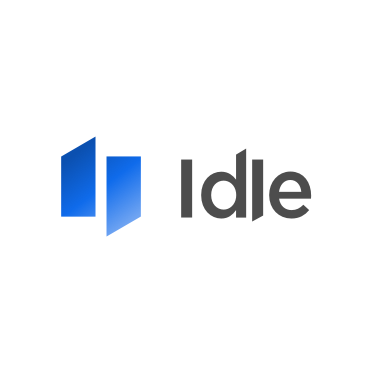
Idle Finance
Idle DAO is a decentralized collective that built a set of products that aim to unlock the power of decentralized finance as a one-stop source of yield. It allows users to algorithmically optimize their digital asset allocation across leading DeFi protocols, whether they want to maximize it or keep tabs on their risk-return profile
PoC Required
Select the category you'd like to explore
Assets in Scope
Impacts in Scope
Direct theft of any user funds, whether at-rest or in-motion, other than unclaimed yield
Permanent freezing of funds
Miner-extractable value (MEV) if can freeze funds or cause protocol insolvency
Protocol insolvency
Theft of unclaimed yield
Permanent freezing of unclaimed yield
Smart contract unable to operate due to lack of token funds
Griefing (e.g. no profit motive for an attacker, but damage to the users or the protocol)
Temporary freezing of funds
Out of scope
- Best practice critiques
Only Senior Best Yield contracts will be considered in scope for the Best Yield. Governance and Utilities and ERC-4626 wrappers contracts are not covered under this bug bounty program. Paused contracts and contract market as Deprecated/Decommissioned in doc are not considered in scope
Smart Contract specific
- Incorrect data supplied by third party oracles
- Not to exclude oracle manipulation/flash loan attacks
- Impacts requiring basic economic and governance attacks (e.g. 51% attack)
- Lack of liquidity impacts
- Impacts from Sybil attacks
- Impacts involving centralization risks
All categories
- Impacts requiring attacks that the reporter has already exploited themselves, leading to damage
- Impacts caused by attacks requiring access to leaked keys/credentials
- Impacts caused by attacks requiring access to privileged addresses (including, but not limited to: governance and strategist contracts) without additional modifications to the privileges attributed
- Impacts relying on attacks involving the depegging of an external stablecoin where the attacker does not directly cause the depegging due to a bug in code
- Mentions of secrets, access tokens, API keys, private keys, etc. in Github will be considered out of scope without proof that they are in-use in production
- Best practice recommendations
- Feature requests
- Impacts on test files and configuration files unless stated otherwise in the bug bounty program
- Impacts requiring phishing or other social engineering attacks against project's employees and/or customers

